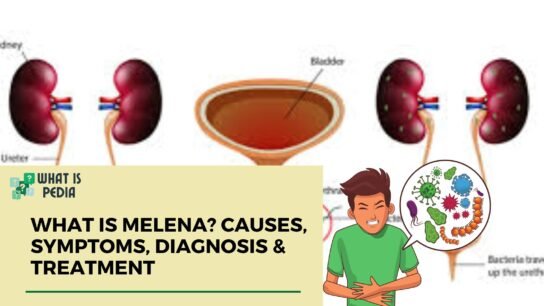Introduction to Asthma
What is Asthma?
Asthma is a chronic respiratory disease that affects the airways of the lungs, making it difficult to breathe. It is a condition characterized by inflammation and narrowing of the airways, leading to recurrent episodes of wheezing, shortness of breath, chest tightness, and coughing. Asthma can affect people of all ages, and its severity ranges from mild to life-threatening.
The question “What is asthma?” is frequently asked by those newly diagnosed or seeking information about respiratory conditions. Understanding asthma is crucial as it is a lifelong condition that requires proper management and medical intervention.
Overview of Asthma as a Chronic Condition
Asthma is not a temporary illness; it is a long-term condition that requires continuous management. The airways of an asthmatic individual become sensitive to various triggers, causing them to swell and produce excess mucus, making breathing difficult. This chronic condition requires a combination of medications, lifestyle changes, and trigger avoidance strategies.
How Common is Asthma?
Asthma is a global health concern, affecting millions of people worldwide. According to the World Health Organization (WHO), approximately 262 million people suffered from asthma in 2019, with over 455,000 deaths caused by severe asthma attacks. The prevalence of asthma is rising due to increasing pollution levels, urbanization, and genetic predisposition.
Understanding Asthma and its Impact on the Respiratory System
How Does Asthma Affect the Respiratory System?
Asthma primarily affects the respiratory system, particularly the lungs and airways. During an asthma episode, the bronchial tubes become inflamed and constricted, making it harder for air to flow freely into the lungs. This results in asthma symptoms such as wheezing, coughing, and breathlessness.
Role of Lungs in Asthma
The lungs play a critical role in the body’s oxygen supply. When the airways are restricted due to asthma, oxygen intake decreases, leading to reduced lung function. Chronic inflammation can also result in long-term lung damage if asthma is not properly managed.
Signs and Symptoms of Asthma
Common Asthma Symptoms
- Wheezing (a whistling sound when breathing)
- Shortness of breath
- Chest tightness or pain
- Coughing (especially at night or early morning)
- Increased mucus production
Early Warning Signs of Asthma
Before a full asthma attack occurs, individuals may experience early signs, such as:
- Frequent coughing
- Fatigue
- Increased sensitivity to allergens
- Mild shortness of breath
Symptoms in Children vs. Adults
Children with asthma may experience frequent coughing, difficulty in playing sports, and increased nighttime symptoms, while adults may have persistent shortness of breath and difficulty performing physical activities.
Types of Asthma
- Allergic Asthma: Triggered by allergens such as pollen, pet dander, and dust mites.
- Non-Allergic Asthma: Caused by stress, infections, or cold air.
- Occupational Asthma: Affected by workplace irritants.
- Exercise-Induced Asthma: Symptoms worsen during physical activity.
- Severe Asthma: A more serious form requiring aggressive treatment.
Causes and Etiology of Asthma
Genetic Factors
Asthma often runs in families, suggesting a strong genetic link. If one or both parents have asthma, the child is more likely to develop it.
Environmental Triggers
Exposure to pollution, tobacco smoke, and allergens can lead to asthma.
Immune System Response
An overactive immune response to harmless substances can cause inflammation and asthma symptoms.
Asthma Attack: Causes and Emergency Response
What Happens During an Asthma Attack?
An asthma attack occurs when the airways become severely inflamed and narrowed, restricting airflow. Severe attacks can be life-threatening if not treated immediately.
Emergency Management of an Asthma Attack
- Use a quick-relief inhaler (bronchodilator)
- Stay calm and sit upright
- Seek emergency medical attention if breathing does not improve
Does Asthma Go Away?
Asthma is a lifelong condition, but symptoms can improve over time with proper management. Some children may outgrow asthma, while others continue to experience symptoms into adulthood.
Asthma Treatments and Management
Medications for Asthma
- Inhalers (short-acting and long-acting bronchodilators)
- Corticosteroids
- Leukotriene modifiers
Lifestyle Modifications to Manage Asthma
- Avoid triggers
- Exercise regularly
- Maintain a healthy diet
Alternative Remedies
- Yoga and breathing exercises
- Herbal treatments
Creating an Asthma Action Plan
Importance of an Asthma Action Plan
Having a structured plan helps in managing symptoms and preventing attacks.
Steps to Develop a Personalized Plan
- Identify triggers
- Track symptoms
- Follow medication schedules
Conclusion
Managing asthma requires awareness, treatment, and lifestyle changes. Proper care can lead to a healthy, active life despite the condition.
Read More:Alzheimer’s Guide: Symptoms, Care, and Prevention







